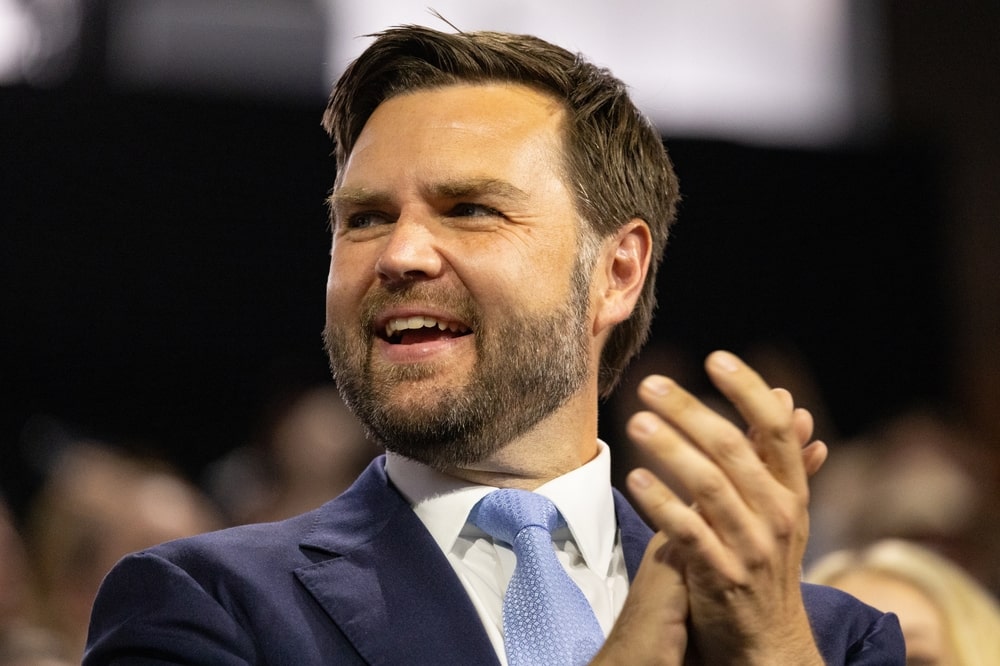Vice President J.D. Vance took a bold stance on European soil Friday. He warned that Europe’s greatest threat doesn’t come from China or Russia. Instead, Vance argued, Europe’s most pressing crisis is one of its own making. It’s the erosion of fundamental values, especially freedom of speech and democratic institutions. His remarks were made during a powerful speech at the Munich Security Conference. There, he sharply criticized European leaders for retreating from traditional principles that have long defined the West.
The Crisis Within Europe
Vance began by asserting that Europe’s crisis is not external, but internal. He emphasized that the continent is “running in fear of its own voters.” This fear has led to the erosion of basic freedoms. Vance pointed out that free speech, in particular, is under attack in many European nations. Politicians are often more concerned about appeasing public opinion than protecting fundamental rights. Vance believes that these actions are dangerous for Europe’s future.
Vance also criticized European efforts to combat “misinformation” and “disinformation.” He argued these terms are often used to justify curtailing free expression. Vance claimed that the language European leaders use to justify censorship mirrors that of authoritarian regimes. He said, “These are the same tactics used by communist governments to suppress dissent.”
The Case of Adam Smith-Connor
Vance’s comments struck a chord with many in the audience. He referenced a case from the UK that highlighted the growing threat to free speech. Adam Smith-Connor, a British man, had been arrested after refusing to leave a designated “safe zone” near an abortion clinic. Vance called the arrest a direct attack on the rights of religious Britons. He argued it was an unjust criminalization of prayer. Smith-Connor explained to law enforcement that he was praying for an unborn child. Vance saw this as an example of how authorities are silencing religious expression.
European Leaders Under Fire
Vance’s criticism extended beyond social issues. He also turned his attention to political leadership in Europe. He accused European Union officials of undermining democratic processes by “canceling elections.” Vance argued that such actions stifle public discourse and threaten the continent’s stability. He called out the political elites who, in his view, were more concerned with their political survival than upholding Europe’s core values.
Vance also emphasized the need for European nations to contribute more to NATO. He reiterated President Donald Trump’s longstanding demand that European nations take greater responsibility for their own defense. Vance said the U.S. should not bear the full burden of protecting Europe. The challenges posed by Russia and China require a more active European role in global security.
“NATO is a very important military alliance,” Vance said. “But we need Europe to step up more. It’s time for the U.S. to focus on other challenges, like the growing tensions in East Asia.”
The War in Ukraine and European Security
While Vance’s speech centered on Europe’s internal issues, he did touch on the ongoing war in Ukraine. He emphasized that the U.S. is deeply concerned about Europe’s security. However, it’s also important for European nations to take on more responsibility in the conflict. “The biggest threat to Europe isn’t external; it’s internal,” Vance said. He believes that Europe’s retreat from its core values is the real crisis facing the continent.
Vance also reflected on Trump’s efforts to bring an end to the war in Ukraine. Trump has been vocal about his desire to find a peaceful settlement. Vance echoed this sentiment but made it clear that Europe needs to play a more active role in shaping the region’s future. He called for a reevaluation of the current approach to the war. Vance suggested that Europe’s involvement in NATO defense should be recalibrated to ensure the alliance’s future stability.
A Bold Message for Europe
Vance’s speech at the Munich Security Conference was a striking challenge to Europe’s political elite. By focusing on the internal crises facing the continent, Vance sent a clear message. The U.S. will continue to support its European allies, but only if they are willing to defend the values that unite the West.
Vance also emphasized the need for European nations to take greater responsibility for their own security. Europe must ensure NATO remains a strong and effective alliance in the years ahead. As global tensions rise, Vance’s bold stance signals a shift in the U.S. approach to Europe. This could reshape the future of transatlantic relations.
For more on this story and other global security updates, visit Coleman News.


